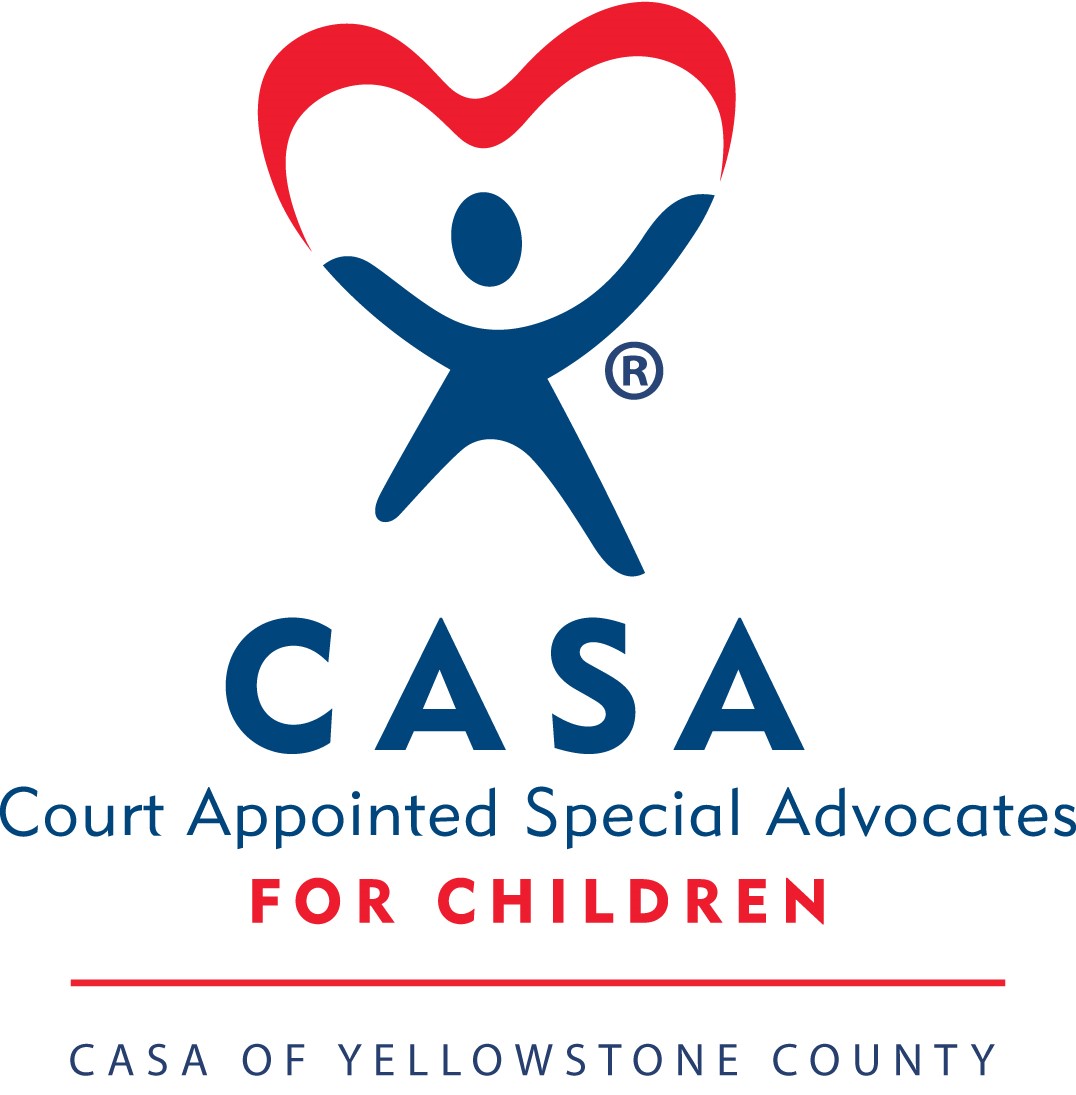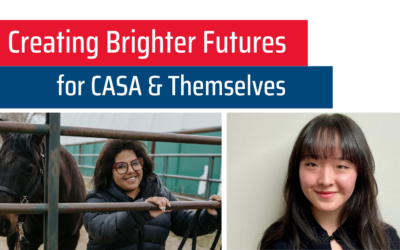
In an effort to help form good habits for navigating lane changes and turns, some drivers’ education programs use the SMOG acronym (signal, mirror, over-the-shoulder, go). Adapting the SMOG habit may be a helpful model as CASAs interact within the cultural environment of our children and those important to them. Just as in driving, we need to be sure to appreciate what might be in our blind spots.
It starts with a “signal”. Our intention is to seek a safe and permanent home for our children. If safe and possible, we look first toward the reunification of the child with their biological parent. In case we need to explore an alternative, we look toward kinship or nurturing foster homes.
In the “mirror” we perceive an immediate awareness of the environment that surrounds us and our child. We observe and assess the strengths and weaknesses of the child’s current and their potential future situation. We also need to take an assessment of ourself, what we are bringing into the case. We recognize that we have our own value systems and histories. While this is not a bad thing, we want to be sure that we do not miss creative solutions because they fall out of the realm of familiarity. Taking responsibility to continually educate ourselves concerning societal issues can help us broaden our vision as we speak for our child in the court system.
To “look over the shoulder” is to acknowledge our need for verification. We are not conscious of all of our biases. Just as a driver needs an intentional change of perspective, the CASA can take the time to develop the habit of check-in’s with their Peer Coordinator, Program Coordinator, and/or their small group. As confidentiality is vital to the success of our cases and our CASA program, having these dedicated places to go for coaching and collective wisdom is helpful for discovering an avenue we may miss on our own.
Finally, it is time to “go” forward in our case work. This of course, does not mean that we won’t get the occasional “horn”. What it does mean is that we will have developed strong habits of being thorough in our advocacy work as we champion our children through challenging situations.
For further reading:
Ross, Howard J. Everyday Bias: Identifying and Navigating Unconscious Judgements in Our Daily Lives. Rowman & Littlefield, 2014.





